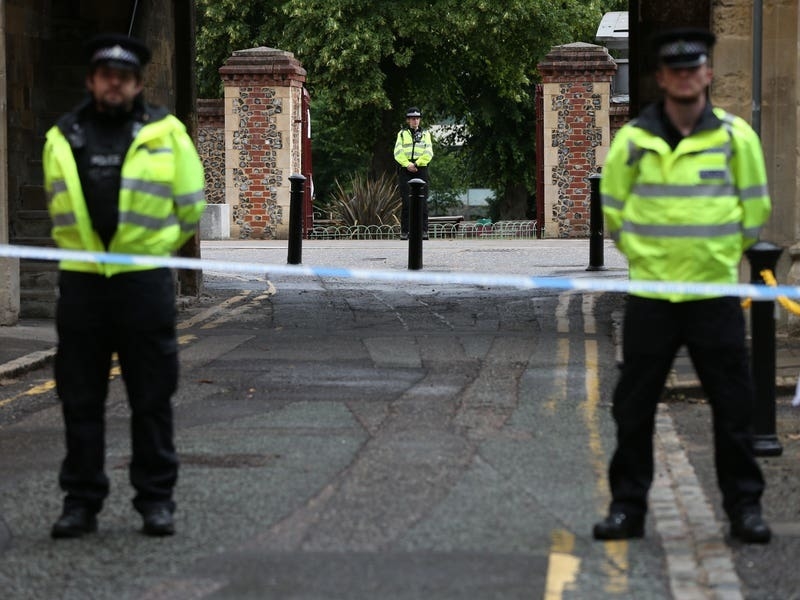A MAJOR investigation is continuing to seek the cause of the illness that killed 112 cattle on a dairy farm in St Helier.
The incident has sent shockwaves through the Island’s farming community, with more than three-quarters of the 137-strong Jersey herd at Woodlands Farm, which is based at Rue de Maupertuis, having died.
Although contaminated feed was initially blamed, Environment Minister Jonathan Renouf said the investigation would need to consider other factors.
He said: ‘It seems like cattle on other farms have had the same feed without there being any effects, so it’ll be necessary to look at whether there are other factors that are specific to this group.’
The cattle affected were all from the high-yielding ‘group A’ herd at Woodlands. The farm also has a separate ‘group B’ herd of around 100 cattle that has not been affected.
Deputy Renouf said he had been advised that 25 cattle from the affected group have survived so far and that it was hoped the death toll would not rise further.
He said: ‘I’m reassured to hear that no milk from the specifically affected sub-herd has entered the food chain, and that every precaution has been taken to safeguard public and animal health.’
Samples from some of the cattle that died, and from foodstuffs they ingested, have been flown to UK laboratories.
Deputy Renouf said the analysis of samples could take around a week owing to its specialist nature.
Eamon Fenlon, managing director of Jersey Dairy, said the incident was a very significant one, estimating that there were around 2,250 milking cows on Island farms before it happened.

He added that he was confident the spread had been contained.
As a precaution, 33,000 litres of milk collected across the Island on Friday, including some from Woodlands, is to be disposed of.
Mr Fenlon said that there was no risk to milk supplies, as local demand only accounted for around 60% of the total output.
The remaining milk is used for the manufacture of export products and soft-scoop ice cream for 2023 sales, and this production could be temporarily scaled down if necessary, he added.
Philip Le Maistre, chairman of the Milk Marketing Board, said he was continuing to work with the Le Boutillier family, who have run Woodlands Farm for five generations.
He said: ‘It’s been a traumatic time for them and I think will take some time for them to get over this.’
Mr Le Maistre said he had been involved in the dairy industry for 40 years and had never experienced an incident of this scale before.
He said that he hoped the investigation would provide some answers.
‘Everyone wants to get to the bottom of it, and lots of people are working tirelessly on the investigation,’ he said.
‘It will take time, so for the moment we’ve just got to wait for the outcome and then we can see if there’s anything further that needs to be done.’
Staff from a range of government agencies have been involved, including the animal carcass incinerator, which has been required to dispose of the dead cattle.
The JEP understands that the capacity of the incinerator is around 75 animals per week, with sufficient cold storage space for the cattle that have been collected.
Jersey Dairy issued a statement, saying: ‘Everyone at Jersey Dairy is totally devastated with what has happened at Woodlands Farm and our thoughts are with the Le Boutillier family and all their team at this very tragic time.
‘We can’t imagine how difficult this is for Charlie [Le Boutillier], his family and all at Woodlands – words cannot express the heartache we feel for them, and we cannot begin to understand the shock that they must be feeling.’






